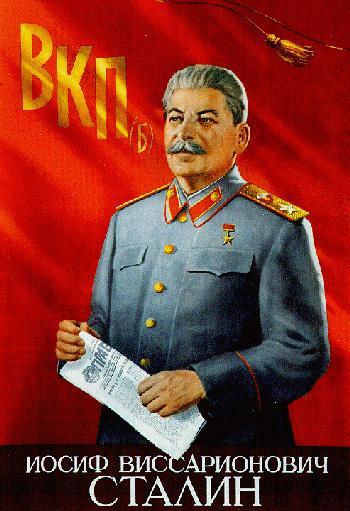The joys of Soviet reforestation, delivered in a rousing performance by Kalmar and the Grant Park Orchestra and Chorus

“I can’t believe it,” said a woman exiting Millennium Park Friday night, talking on her cell phone. “It was so beautiful.”
Many likely had the same reaction to Dmitri Shostakovich’s The Song of the Forests, an epic work for vocal soloists, choruses and large orchestra, performed Friday by Carlos Kalmar and the Grant Park Orchestra and Chorus.
For a composer as popular as Shostakovich, Song of the Forests has been largely ignored, along with many of the composer’s other Communist Party dues-paying efforts, which fit a bit awkwardly with the composer’s status as heroic persecuted victim of the Soviet regime.
There’s no doubt that the party apparatchiks made Shostakovich’s life difficult and his musical integrity often had him on the outs with Stalin and his cultural commissars, particularly in the late 1940s, which led to his writing works like Song of the Forests to regain favor.
Despite the claims made in the notes, anyone looking for subversive signs of counter-revolutionary irony in this choral symphony in honor of Stalin’s postwar reforestation project will search in vain. Even with the references to Stalin as “the great gardener” excised after the dictator’s death, the texts by party hack Yevgeny Dolmatovsky that remain are either execrable poetry (“Planted in squares on the fields of the collective farm grow the slender birches, soldiers of our homeland”) or cringe-inducing party agitprop (“The day of Communism is dawning! Truth is with us, and good fortune. If only Lenin could see the motherland now!”)
Yet, as much as the texts make one squirm, Song of the Forests contains much excellent music, and Friday night it was impossible not to be swept along by the rousing performance led by Kalmar with the Grant Park Orchestra and Chorus.

The evening’s two soloists set the vocal standard, with Denis Sedov’s sonorous bass having the right idiomatic Slavic darkness in “Memories of the Past.” John Horton Murray had less to do but brought a rich tenor and apt romantic fervor to “A Walk Into the Future.”
Scrupulously prepared by Christopher Bell, the Grant Park Chorus was terrific across the board, handling the Russian texts with clarity and idiomatic pronunciation. The large chorus sang with such proletarian fervor of the joys of reforestation, you were ready to grab a spade and join them.
Directed by Josephine Lee, the youngsters of the Chicago Children’s Choir were on the same high level, with polished vocalism in the toe-tapping scherzo, “The Pioneers Plant the Forests” (“Ash trees, ash trees have adorned our native steppe, and our collective farm has planted many birch trees.”) The “Slava” finale with orchestra, choruses, soloists and six-piece brass band adding to the bombast was undeniably thrilling, even if one can’t help feeling guilty in the thunderous coda singing “Glory to Lenin’s Party.”
Which brings up an interesting artistic conundrum. When the texts are so poisonous in light of the millions murdered under the Soviet regime, is a work still worthy of performance? I say yes, but how far can one take this? If, for instance, a work of, say, Hans Pfitzner was discovered today that contained magnificent music but was written in praise of Hitler and the Third Reich, would the music be performed? Should it be performed?
Regarding Shostakovich, even with the doggerel and gamey politics, Song of the Forests surely deserves more than its current neglect. Kudos to Kalmar, Bell, all the artists and the Grant Park Festival for allowing us to experience this compelling if controversial work.
The evening began with Aaron Jay Kernis’s Too Hot Toccata. A work recorded by Kalmar and the orchestra, Kernis’s curtain-raiser is an energetic ride but here sounded in need of additional rehearsal time, with cloudy balances and a lack of focus.
No complaints about the performance of Leonard Bernstein’s On the Waterfront. Bernstein’s only film score is among his best works, and the symphonic suite he extracted, one of the finest distillations of film music into a concert work.
Kalmar and the musicians has the full measure of Bernstein’s atmospheric score, putting across the aggressive driving energy as well as the nocturnal urban loneliness. Kalmar invested the jazz inflections with firm rhythmic kick while bringing great lyric sensitivity to the score, that heart-easing moment when the fragile flute theme soars upward on the strings beautifully done.
The Kernis and Bernstein works will be repeated 7:30 p.m. Saturday at the Harris Theater with Mussorgsky’s Pictures at an Exhibition. 312-742-7638; www.grantparkmusicfestival.com.
Posted in Performances


